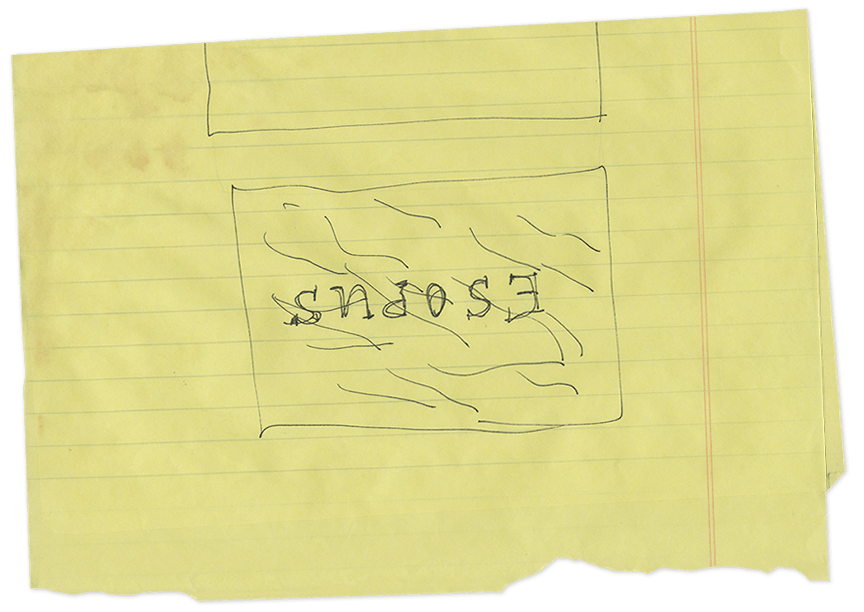







“Label’s Table”
By Carl Stone
Recorded and mixed at Studio 39, Los Angeles. Copyright ©2012 Carl Stone/Electro-Acoustic Music (ASCAP)
Hailed by The Village Voice as “the king of sampling,” Carl Stone is a pioneer of live computer music and electro-acoustic composition. Stone, who divides his time between San Francisco and Japan, where he teaches at Chukyo University’s School of Cognitive Sciences, has received grants from the National Endowment for the Arts and the Rockefeller Foundation.
Esopus 18 (Spring 2012)
.jpg)
Esopus CD #18: Slonimsky’s Thesaurus
Lexicographer, musicologist, composer, conductor, and pianist Nicolas Slonimsky (1894–1995) is celebrated for his many contributions to the world of contemporary music, but perhaps none has matched the influence of his 1947 book, the Thesaurus of Scales and Melodic Patterns. Containing more than 1,300 scales and progressions (including “palindromic canons,” “sesquitone scales,” and “infra-ultrapolations,” many devised by Slonimsky himself), the 244-page tome has inspired musical luminaries ranging from John Coltrane to Frank Zappa; Aaron Copland once told Slonimsky, “Now if I am stuck for an idea, all I have to do is consult your book.”
For its 18th compilation CD, Esopus invited a diverse group of musicians and composers to choose a scale or pattern from the Thesaurus to use as the basis for a brand-new song. The resulting CD proves that Slonimsky, whose life was in large part devoted to encouraging and promoting the efforts of contemporary musicians and composers, continues to influence, inspire, and provoke.

